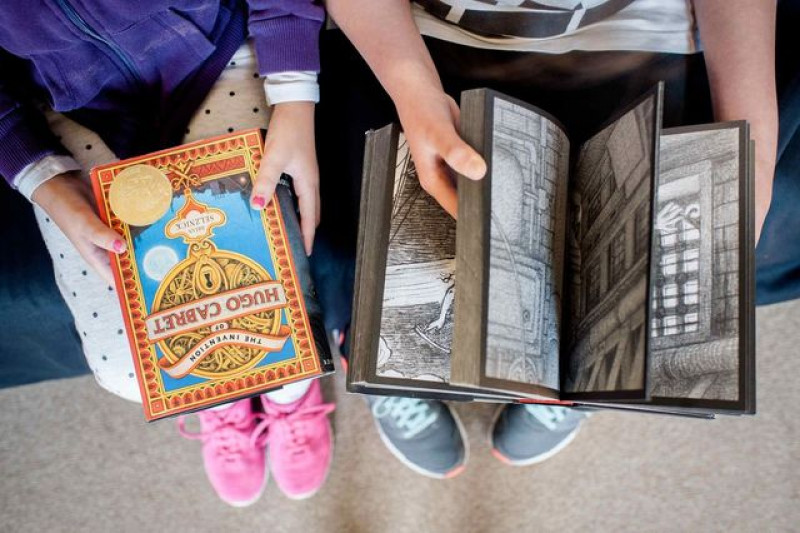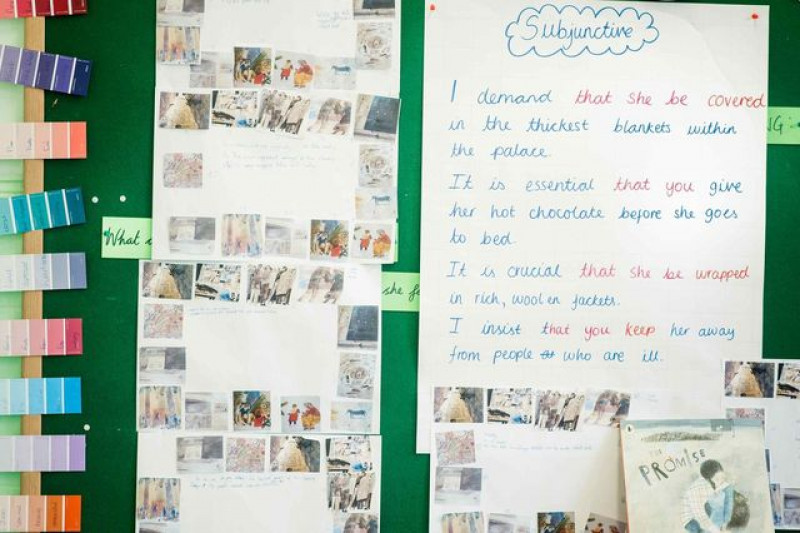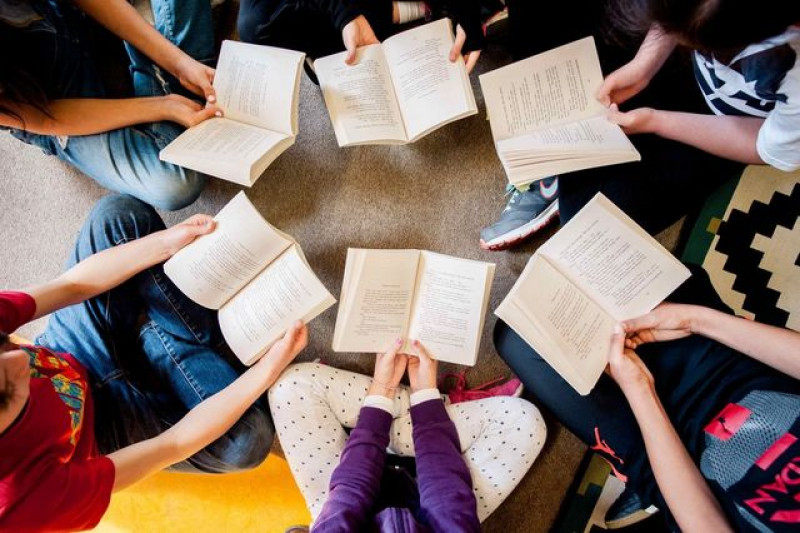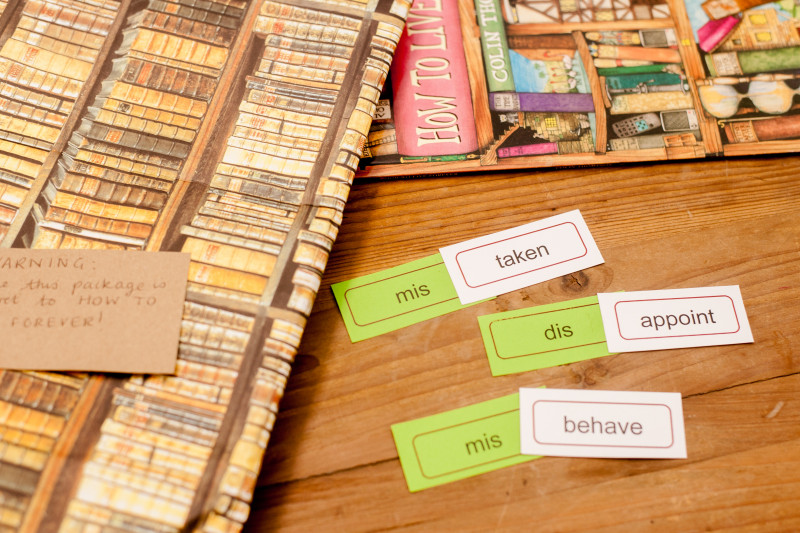Posted on: 08/07/2024
In this instalment of our “How to use...’ series, we explore answers to the question ‘We love it all… but how do we fit it all in?’
Literacy Tree can be used as a whole school provision from Reception to Year 6, supporting teachers with planning and pedagogical approaches to reading, writing and spelling. There is a wealth of resources offered but there are only so many hours in the day and so many different subjects demand time across the curriculum. Many schools already have jam-packed timetables and every minute of the school day is precious. We completely understand the challenges faced when timetabling English and there is no one-size-fits-all rule to how to meet this challenge. Different schools deal with this differently however we wanted to knit together some common threads and offer some practical solutions to those schools just starting out in their Literacy Tree journey.

Ideally, 4 books a term
Literacy Tree planning – whether this is Writing Roots, Literary Leaves and Spelling Seeds – is open to adaptation and personalisation. In the Writing Roots particularly, each session is a stepping stone along the way to the extended writing. Depending on the needs of a class, teachers may feel they need to break sessions up or even skip sessions occasionally. The suggested timings on the plans are flexible. Saying that, it is vital that children engage in and finish the extended write at the end of each Writing Root as this is the outcome the sequence moves towards and this is the outcome that really builds children’s compositional skills. The aim – for both Writing Roots and Literary Leaves – is to cover 4 books over a full term (and, in some cases where the books are lengthier, 1 book over a half term but this is the exception not the rule). Check out our previous blog on How to use Curriculum Maps for more information on this topic.

50 minutes – 1 hour a day

Ideally, we would recommend around an hour should be spent on writing a day, five days a week. In EYFS, many schools will provide 15-20 minutes a day – separate to their phonic session – for teacher-led writing input and for the children to write across continuous provision. This may involve sessions going over a couple of days in order to give every child time to write. We know that most schools teach Writing Roots 5 times a week and teach Spelling Seeds either in a standalone session or within the main Literacy lesson. Schools – particularly prep schools – that have an hour a day overall for English may decide to use 3 sessions for writing and 2 sessions for reading. Remember that some longer books have both a Literary Leaf and Spelling Seed.
30-40 minutes a day
Reading is arguably one of the most important skills taught in primary school so we need to give children time to read daily individually and as a class. Whether you use a whole class or small group approach, we would recommend 30-40 minutes a day is given for the teaching of reading comprehension. This may be timetabled for the start of the day from Y2-6 whilst Reception and Year 1 receive phonics tuition. Children do not need to write down answers to questions in every Literary Leaf session. Some sessions will be used solely for reading and reacting to a text. Children need to hear their teacher read daily and can also read together, whether this be choral, echo, antiphonal, paired or individual reading. In an ideal world, time at the end of the day would also be given over to the simple enjoyment of a book…this could be one of your Literacy Tree texts.

10-15 minutes a day or in one 30-45 minute session

Every book that has a Writing Root also has a Spelling Seed. Spelling Seeds are designed specifically so children can be taught words from the word lists/common exception words and spelling rules in the context of each book. We strongly believe that children learn to use new words best when they are taught them in context. We would recommend dedicating 30-45 minutes a week for this which can be taught as one session or split into three sessions. Some schools will introduce the words/spelling rules for the week through a Monday investigation; Wednesday will be time to practise the spellings and Friday could be an opportunity for children to apply words in a short piece of writing. If time is given to editing on a Friday, children can be challenged to use some of these spellings in their writing from over the week. We know that some schools timetable the investigate, practise and apply aspects in one weekly session.

There is no one way to manage the timings of everything Literacy Tree has to offer and, when first implementing this framework, time should be allowed to experiment with different scheduling until teachers feel settled. For further information and to look at some example timetables, please read the follow link.
Posted in: How to use